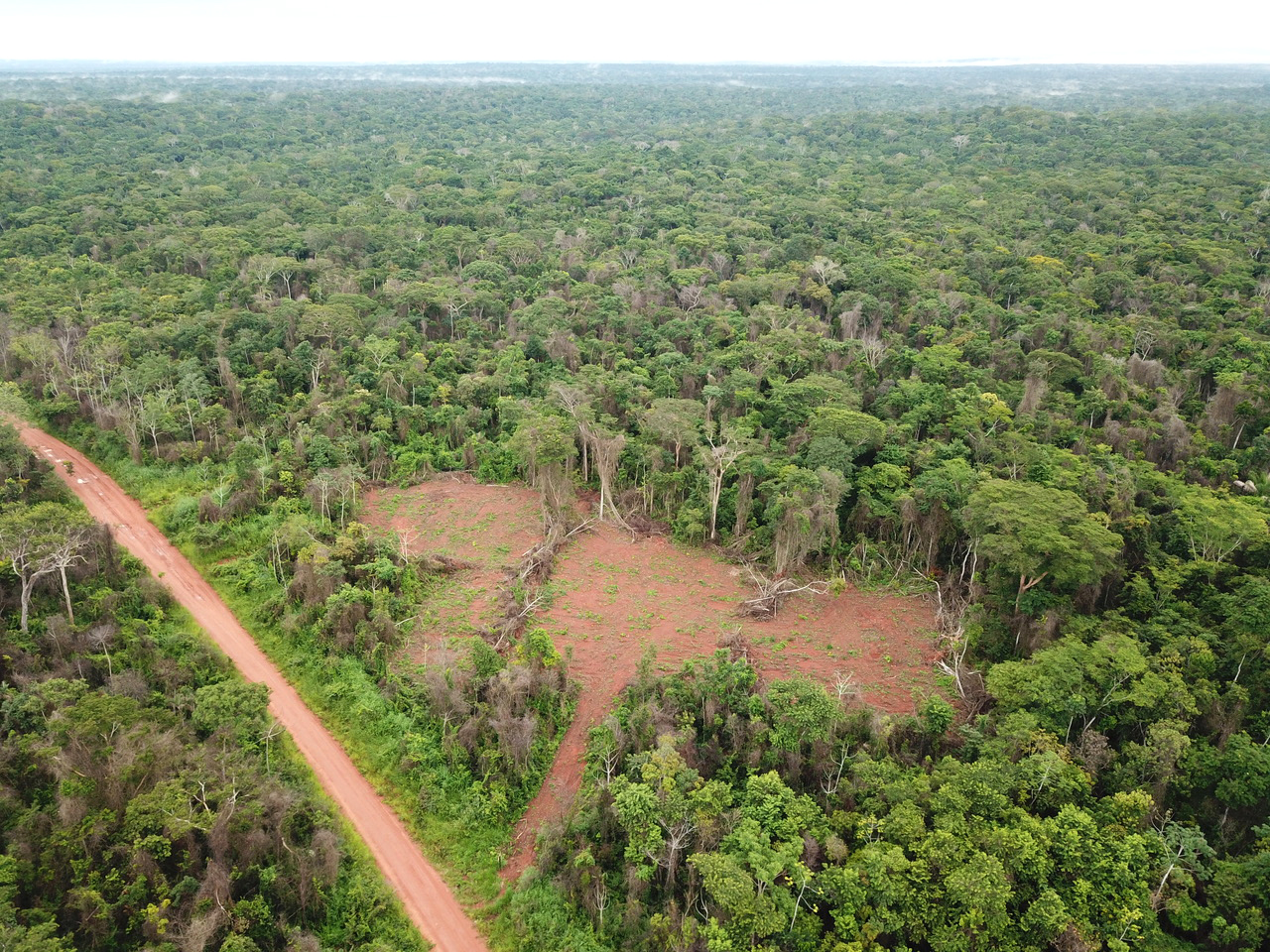Pantanal Wildlife Cruises, Crystal River & Atlantic Coast
Brazil
US$7,090
(14 days Nov - July season)
11 - 24 Jun, 2026 hosted by Aqua-Firma photographer, Ralph Pannell, formerly of Rainforest Concern
Saving Carbon, Wildlife & Indigenous Land in the Bolivian Amazon
Aqua-Firma's Rainforest4Climate Fund was established at the company's inception, to protect rainforest for wildlife and prevent it being lost as Carbon Dioxide (CO2) into the atmosphere.
Although 2021 has been a difficult year for the travel industry with COVID, it has not stopped us from funding our partner charity, Rainforest Trust, to take on the permanent protection of 4,424 acres of Amazon rainforest on Bolivia's border with Brazil. This will form part of a total 2 million acres reserve which will be managed in partnership with local government and the indigenous Guarasug'we people, for whom this area is home.
The project area is right at the front line of destruction, with logging, fire and conversion to agriculture releasing up to 164 metric tonnes of CO2 per acre lost. This means that the area we have committed to protect holds 725,536 tonnes of CO2. This is equivalent to the annual emissions of all the inhabitants of an average UK town housing 149,000 people. Whilst it will be difficult to prevent all destruction in this area, expanding protection of the Bolivian Amazon is a critical component in preventing climate change. More than double this area was cleared in Bolivia between 2000 and 2010.
 Illegal logging at the edge of the new reserve - something this project intends to prevent
Illegal logging at the edge of the new reserve - something this project intends to prevent
Wildlife & Biodiversity
The project is centred in an area known as Bajo Paragua, with ecosystems comprising swamp forest, riverine and floodplain rainforest habitats. Surveys have identified 1,273 species of fish, amphibians, reptiles, birds and charismatic large mammals. These include Jaguars, Giant River Otters, Pink River Dolphins, Crowned Solitary Eagles, Black-faced Black Spider Monkeys and Tapir. The site also houses globally threatened timber species like Broadleaf Mahogany, Umburana Do Cheiro and Spanish Cedar.
A newly discovered golden bat species will also benefit from this protection. Although its conservation status is yet to be determined, it is highly likely to be classified as Endangered and endemic given its limited range and increasing habitat loss. Species numbers are still preliminary and likely to increase, as much of the biodiversity in the area is still unknown to science.
The Bajo Paragua also forms a critical corridor between two vast neighbouring protected areas, so securing it will maintain an unbroken expanse of forest through to Brazil.
Seeing Rainforest Conservation in Action
Whilst this project area is not set up to receive visitors, we can take you to Rainforest4Climate project sites in Madagascar and Ecuador's cloud forest and Amazon: